What I Cannot Change, What I Can Change, and How To Know the Difference
Many of you are probably familiar with what is called the “Serenity Prayer”. It’s part of a longer prayer by Reinhold Niebuhr, and is very commonly said at Alcoholics Anonymous meetings, and is also popular for putting up in homes. For those who don’t know it, the most popular part follows:
to accept the things I cannot change;
courage to change the things I can;
and wisdom to know the difference.
The difficult with the prayer is the part about “wisdom”. “Wisdom” is a squishy term, and its vagueness makes it seem too distant, perhaps, to reach except after years of practice. Wouldn’t it be easier to have a nice and clear criterion for knowing what the difference is? I would suggest there is such a criterion, and that understanding that criterion can be very helpful in thinking about both bipolar disorder and addictions.
What I Can and Cannot Change
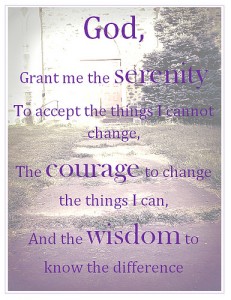
Source: violettalough – CC BY 2.0
The problem is that the steps along the way are quite different. There are some things that we can control directly, like how we move our bodies, what we say, and, to some extent, what we imagine or think about. These this are matters of choice. However, there are some things that we can only bring about indirectly, because they rely on some causes outside of our control. These are matters of technique. Knowing techniques only allows us to increase the chances that something will happen. To paraphrase Polus, “Technique rules chance,” that is, by understanding techniques, we can increase the chance that what we want will happen.
Allow me to give an example. I can choose to lie down, but I cannot choose to sleep. Lying down is something that I can directly control with my body. I can choose it. However, lying down only increases the chances that I will fall asleep. It is a technique. If I think, however, that I can choose to go to sleep, I will become very frustrated. I will lose my serenity, because I am trying to control what I cannot control.
There are many things we cannot control. We cannot control other people. We cannot control the economy. We cannot control our moods, regardless of whether or not we have bipolar disorder. Most importantly however, we cannot choose to be happy. We can only find techniques for being happy, and choose to act on those techniques. Between us and happiness lies a great deal of chance that we cannot control. We need to constantly re-evaluate and adjust our techniques, based on the circumstance. However, like going to sleep, happiness is beyond our control. We can choose to try, we can learn how to get there, but there will always be some chance involved.
What Happens When We Try To Choose To Be Happy?
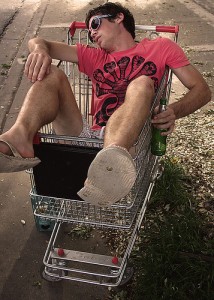
Source: I Woke Up Today – CC BY 2.0
Ultimately, of course, any addiction will fail to make us happy. We can only choose our moods for so long until we build up the tolerance not to be affected any more. Then we can easily move on to the next addiction. All the while, addictions disrupt our real lives, through the damage they do to our bodies, to our relationships, and to our ability to recognize what we are really feeling. It is for this reason that therapy can be so helpful on top of medication. It gives us ways of coping with the moods and experiences that we might want to obliterate with substances or compulsive activity.
Bipolar Disorder and Choices

Source: MarkSmallwood – CC BY-SA 2.0
What, though, can we control about our moods? The answer is “nothing”, at least not directly. Rather, moods are like sleeping. We can put ourselves in the position to feel certain moods, but we cannot choose to feel them. As people with bipolar disorder, what moods we feel is even more difficult to affect even indirectly. However, being aware of the fact that we cannot choose to feel particular things can give us at least some sense of serenity, and remove some of the frustration that comes with therapy and medication. It will also remove some of the temptation toward self-medication and addiction. It can also remove some of the shame of feeling like we’ve failed. Finally, it can give us a target for our therapy: learning techniques overcoming our obstacles and for finding happiness. It becomes easier to see bipolar disorder as something about which we have no choice, and to be prouder of the choices that we’ve made.
Wisdom
Unfortunately, understanding this distinction will not make us happy. That does require wisdom, which is the “craft of happiness”, so to speak, that is, the techniques whose object is happiness. However, understanding this distinction can at least grant us some serenity and help provide some of the pitfalls of addiction. It can’t show us the road, but it can turn our mountains into valleys, opening up the way so that we can find it.

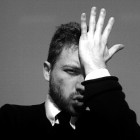


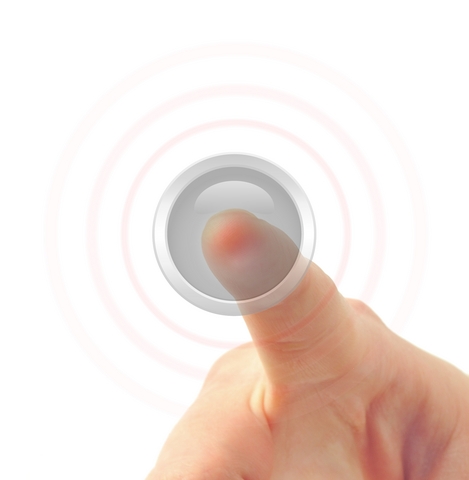
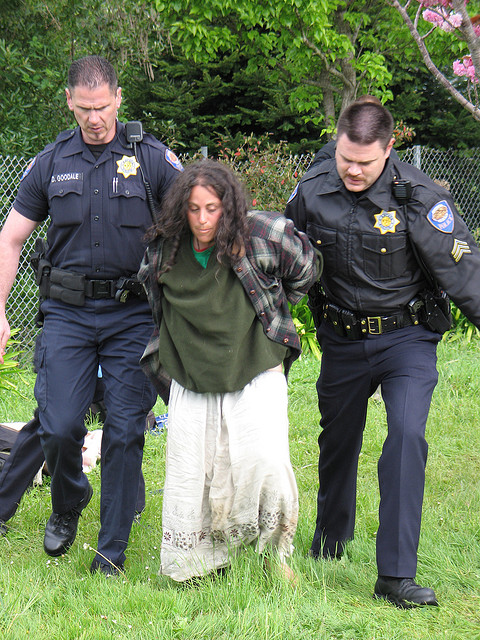

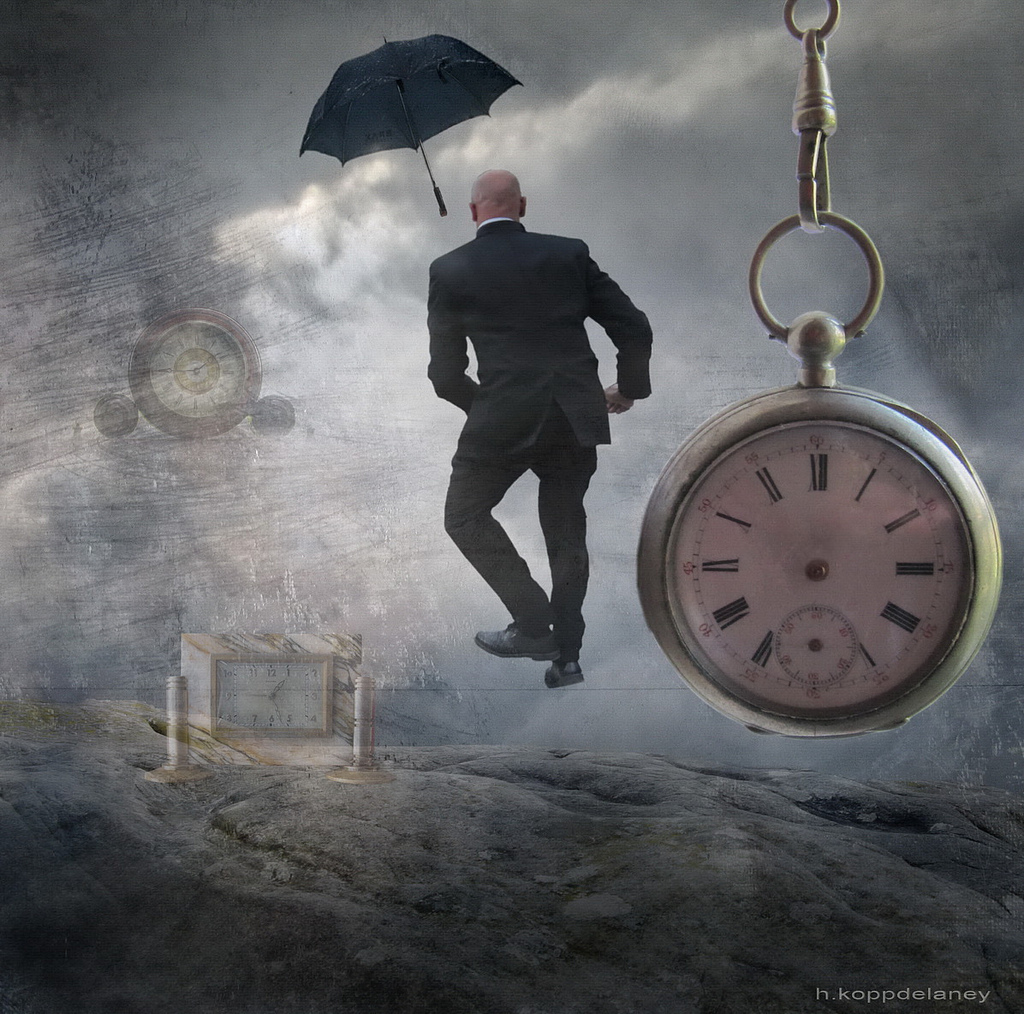

Dr. Bader, I would like to feature you on our online radio show. We share a similar philosophy. Recently, Adult Students and Veterans with mental and physical disabilities discussed the emotional impact of the government shutdown and many other issues. Visit whiteppleinstitute.org and click on the Radio tab to hear them. I want you to share your success story or any ideas to inspire Adult Students and disabilities achieve their goals on the Student2Teacher radio show. Please reply so we can book a date.
Thank you, Danita. I’ll be in contact.